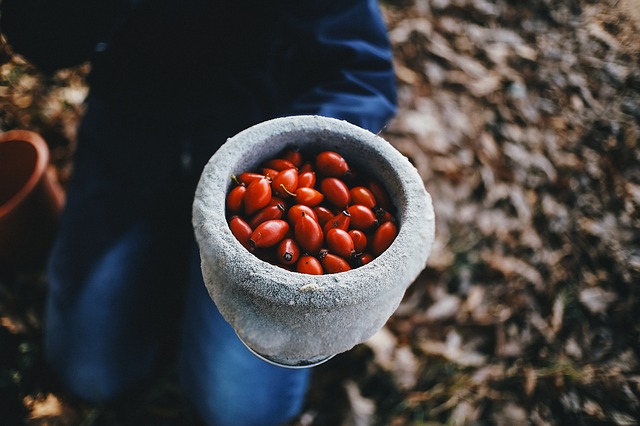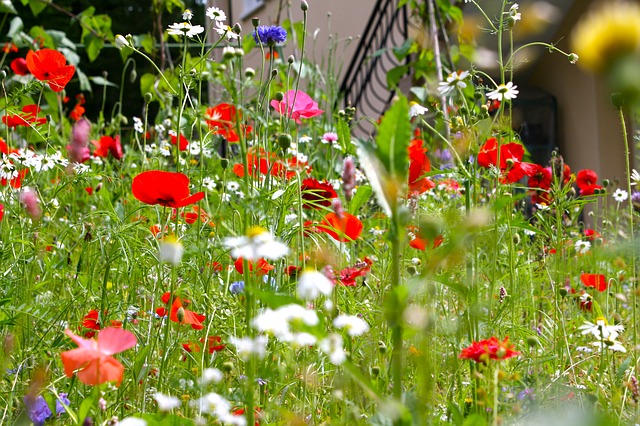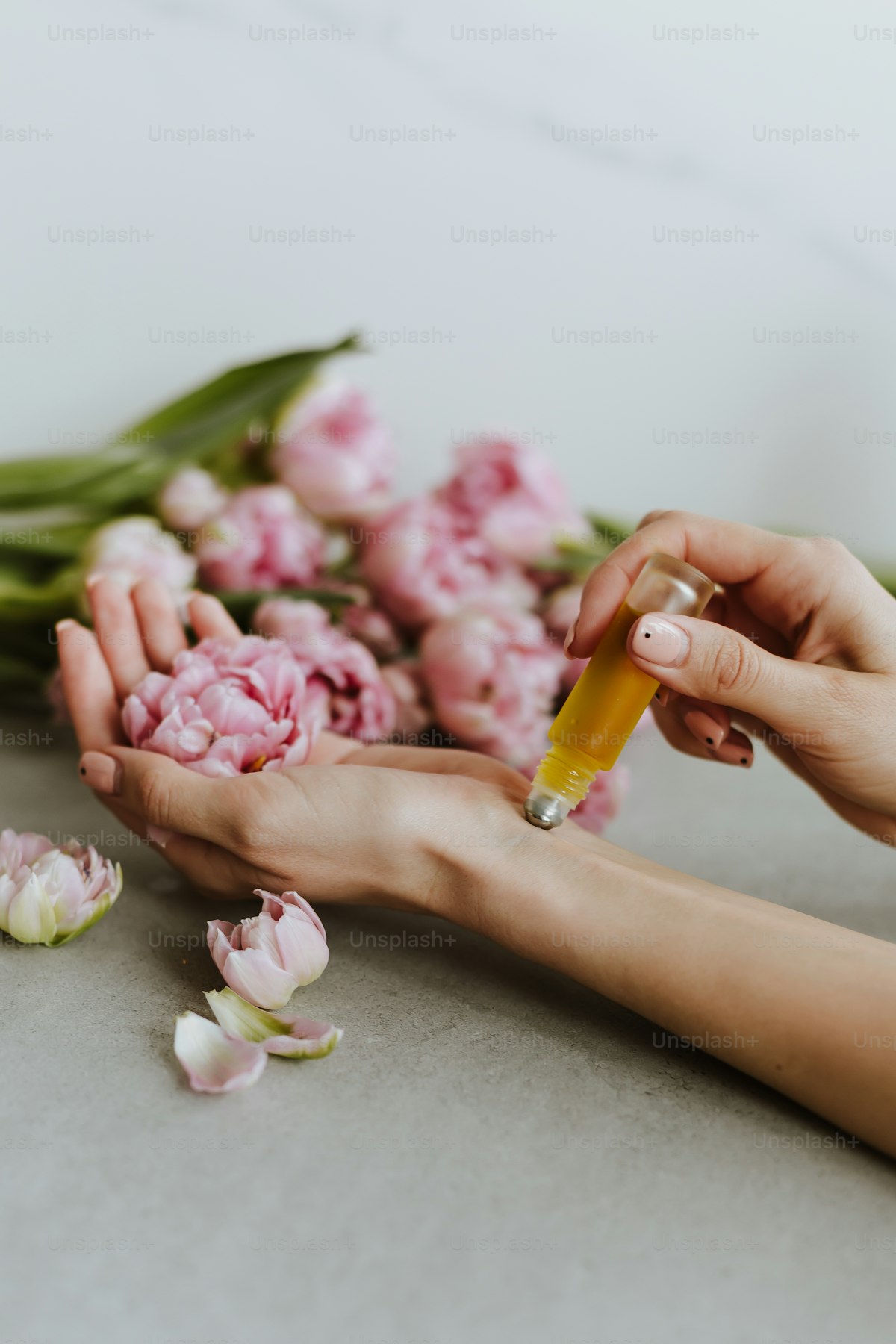
Organic vegetables and fruit are healthy and delicious. Why not consider producing your own organically grown produce? Keep reading to learn how to get started with organic gardening.
If you have an organic garden and children, plant some everbearing strawberries for them. Kids are quite eager to pick fruit from a garden, and will help with the planting if they get a nice snack out of it at the end.
Using aspirin water will help your plants fight diseases. Dissolve 1 aspirin per gallon of water for a plant disease fighting solution. Next, coat the plant with the aspirin mixture by spraying it on the leaves. Use this method every three weeks.
If you are growing plants inside of your home, you need to keep the thermostat set to 65 to 75 degrees during the day. It is important for them to be kept in this temperature range if they are to grow properly. You can also buy a heat lamp to maintain ideal conditions for your inside plants during the winter.
If you’re thinking about growing your own organic garden, then you might want to consider keeping a bit of your property undeveloped; this way wildlife can flourish. This will also benefit your cultivated gardens as it will attract more bugs and birds to pollinate your other plants.
Use this simple tip to get your perennial garden ready in a flash. Use your spade to slice chunks of turf up, then flip each piece over, and spread wood chips on top to a depth of four inches. Let the area sit for a fortnight, then turn the earth and set up your new perennial bed.
You’ll save time and energy if you keep tools nearby while working in your garden. Carry a large bucket with you or wear pants with a lot of pockets. Keep common tools such as your gloves or your pruning shears within reach so that you can quickly and easily maintain your garden whenever you need to.
To be most efficient in your gardening, always keep your tools close at hand. You can wear an apron or pants that have a lot of pockets, or use a big bucket or can. Keep all of the tools you use and your gloves handy and will help you work more efficiently.
After your seeds begin to sprout, it is not as important to keep them warm. Locate your plants further from your heat source as they mature. You must also take away plastic films from your containers in order to keep the warmth and humidity out. Keep an eye on your seeds so you will know when this should be done.
Be efficient when working in your garden. Keep all of your tools together; do not waste time looking for them! Get all of your tools together before you go into your garden, then place them in a safe spot when you are finished with them. Even something like a carpenter’s tool belt or some cargo jeans work well to keep tools organized.
Flower Beds
Believe it or not, pine makes great mulch. Some plants are more acidic, and prefer soil that contains higher acidic levels. For such plants, pine needles function both as a handy mulch and as a soil amendment to lower the pH. Cover up your beds with a few inches of needles. As they start to decompose, they’ll spread out acid onto the ground and soil.
Coat your flower beds with a few inches of an organic mulch. This will discourage weeds from growing, add nutrients, and retain the moisture in your garden. It will also make your flower beds look more finished.
Organize the chores for your organic garden so they do not pile up. Even doing just a few small things each day can keep chores from piling up and eventually becoming unmanageable. This will save you a lot of time in the long run. For example, while your canine is outside going to the toilet, take the time to pull out a few weeds.
You can cover your muddied gardening footware easily by keeping plastic bags around. This way, you can get in and out quickly, and get back to work in the garden.
In your compost, use green and dried plants in equal parts. “Green” material refers to things like wilted flowers, weeds, leaves from your yard, and grass clippings. Examples of dried plant material are sawdust, shredded paper, straw, cut-up woody material, and cardboard. Never use ashes, meat, charcoal, diseased plants or carnivorous animal manure in your compost pile.
Laundry Basket
Do you prefer to eliminate weeds without the use of harmful chemicals? A good thick layer of newspaper can be laid down to control weeds. Weeds require sunlight to continue growing. When you put newspaper over them, they suffocate from lack of sunlight. Newspapers tend to break down into compost nicely. You can then add a mulch layer right on top so that it looks more attractive.
Old laundry baskets are handy tools at harvest time. An old laundry basket makes an excellent strainer for cleaning your produce. When you put your produce in a basket, you can then rinse it off and let it strain any excess water through the laundry basket holes.
One unusual tip in organic gardening, is to “pet” your seedlings often. Use your hands or a piece of cardboard and lightly ruffle the seedling about one or two times a day. However odd this may sound, research shows that this touching encourages seedlings to grow better than they would without touching.
Use equal parts of green and dried plant material in your compost pile. Examples of good green material to use for compost include grass clippings, flowers, leaves, and weeds. You can add dried plants by throwing straw, shredded paper, woody materials and cardboard on your pile. Don’t include ashes, diseased plants, charcoal meat, or carnivorous animal waste.
Try using a beer trap to naturally eradicate slugs from your organic garden. Take a glass jar and bury it so that the soil is even with its mouth. Next, add beer to the jar until it’s about nearly full, with somewhere around an inch of space remaining. Slugs will crawl into the jar to get the beer and not be able to get out again.
Don’t buy produce that aren’t up to snuff. Use the advice in this article and you can start growing your own organic produce.
If plants are inundated with too much water, it becomes more difficult for roots to pull nutrients out of the soil. Prior to watering your outdoor plants, you should check with weather stations to see if it will be raining later in the day. If the weather forecast calls for rain, it’s probably wise to not water your plants that day.
This information served as a great tutorial regarding antibacterial best pillow
Hospital mattress protector
zippered mattress encasement. Luckily, you have found an article that has good information to get you started. Simply make the best use possible of this valuable information.
















